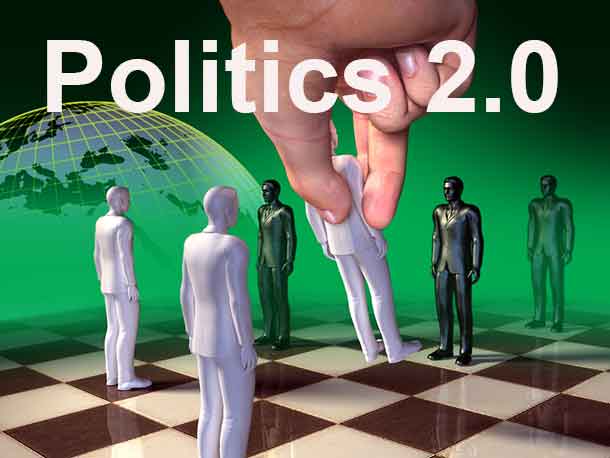OTTAWA, ON – The latest Labour Force Survey from Statistics Canada has ignited fierce political debate as the federal Conservative Party criticized the Liberal government over Canada’s rising unemployment rate and sluggish economic growth.
The report, released today, shows that the unemployment rate increased by 0.3 percentage points in November, reaching 6.8%, its highest level in eight years, excluding the pandemic period.
Labour Force Outpaces Job Creation
Statistics Canada highlighted that the country’s labor force grew by 137,800 in November—more than double the job gains during the same period. Since April 2023, unemployment has risen by 1.7 percentage points, leaving more Canadians struggling to find work as job creation lags behind the growing workforce.
Over the past year, Canada added 329,000 jobs, while the working-age population expanded by 600,000, creating a widening gap between job seekers and available positions.
Private Sector Stagnation and Conservative Criticism
Only 12% of the jobs created in November were in the private sector, prompting Conservative criticism of the Trudeau government’s approach to businesses. Conservative leaders have blamed policies such as the carbon tax and increased capital gains taxes for stifling economic growth and discouraging investment.
The Fraser Institute projects that the carbon tax will result in 57,000 fewer jobs by 2030, while economist Jack Mintz estimates that the capital gains tax hike proposed by the Liberal-NDP coalition could reduce Canada’s GDP by $90 billion and cost the economy 414,000 jobs.
Conservative Leader Pierre Poilievre accused Prime Minister Justin Trudeau of waging an “assault on businesses and private industries” through burdensome taxes and red tape, saying:
“Only Common Sense Conservatives will axe the tax and fix the budget to bring home powerful paycheques for all Canadians.”
GDP Growth Slows and Living Standards Decline
Economic struggles extend beyond the labor market. A separate Statistics Canada report revealed that GDP per capita has declined for six consecutive quarters, while third-quarter GDP growth slowed to an annualized rate of 1%.
Critics argue this trend reflects stagnant productivity and diminishing living standards under the current government.
Conservative Call for Change
As Canadians face higher unemployment and slower economic growth, the Conservatives are urging a shift in policy. They advocate reducing taxes and cutting regulations to spur private-sector job creation and economic recovery.
With the next federal election on the horizon, the rising unemployment rate and economic challenges could become key issues for voters deciding the country’s future direction.







